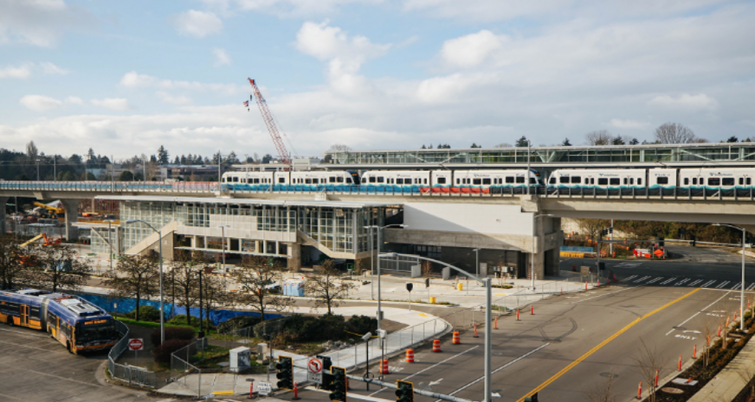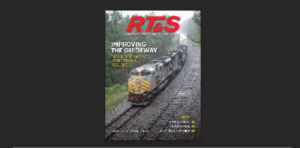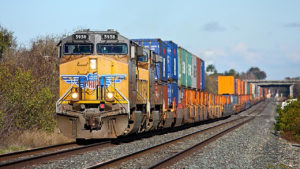Two forklifts and a wheel loader are doing heavy lifting for Sound Transit’s carbon-reduction strategy
Written by RT&S Staff
For Skanska USA, three is a far cry from 250, but what the contractor is doing in Seattle deserves a major shout out.
It’s a start. On Sound Transit’s 2024 Northgate-to-Lynnwood extension project the prime contractor is filling up two forklifts and a wheel loader with renewable plant-based diesel.
The tiny experiment is getting Skanska USA ready for Washington State’s Climate Commitment Act in 2023. Under the measure, polluters will buy or trade carbon-use credits and the supply of credits will be reduced annually in an attempt to lower the total pollution in the region. Oregon, California, and British Columbia all have a similar rule in place.
The three Skanska machines, out of 250 on the project, used almost 3,000 gal of plant-based biofuels at Mountlake Terrace as of April 15. That eliminated 30 metric tons of CO2 emissions.
Skanska USA is using software to measure embodied carbon in the Lynnwood project. Back in 2015 Lynnwood Link’s environmental statement listed the estimated tons of CO2 emitted during the construction at 64,000 tons.
Sound Transit also is working on future design standards that will lower the embodied carbon in capital projects. A main goal in the strategy is to use concrete and steel that are manufactured with less carbon.
Read more articles on passenger rail.





